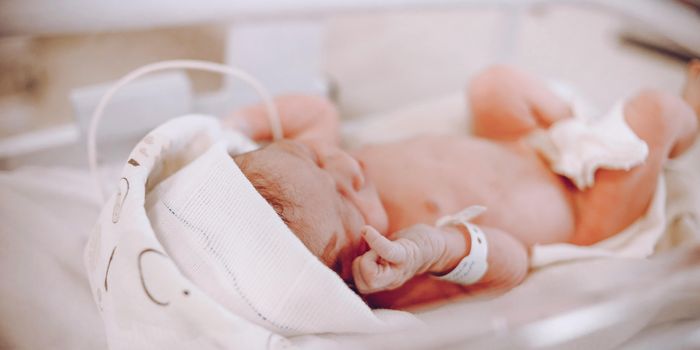Concerning New Evidence Regarding Cannabis Use During Pregnancy

According to data from a National Vital Statistics Report published in March 2021, the percentage of infants born with a low birth weight in 2019 was 8.3%. Infants born less than 2,500 grams have increased by 4% since 2014. Low birth weight in infants is concerning as it has the potential for long-term consequences such as the increased risk of chronic disease and deleterious effects on cognitive development.
A longitudinal cohort study published in 2021 reviewed cannabis use during pregnancy and adverse birth outcomes. Results indicated a statistically significant association between long-term use of cannabis during pregnancy and low birth weight. Strengths of this study included the size of the population studied and avoidance of recall bias given the study design. Some limitations of the study included the potential for under-reporting of smoking tobacco.It is well known that smoking tobacco products while pregnant can lead to low birth weight. It might follow then that smoking cannabis would lead to a similar effect. However, the relationship between cannabis and adverse birth outcomes is not as straightforward.
A review article published in Frontiers in Psychiatry in 2021 cites evidence suggesting that THC, the primary psychoactive substance found in cannabis, can cross the placenta and adversely impact fetal development. The review notes discrepancies in preclinical studies evaluating the impact of cannabis on low birth weight related to differences in route of administration. For example, mixed results were observed in studies that involved inhalation of vapor, and low birth weight was seen more commonly when THC was injected. In addition, CBD, the main non-psychoactive ingredient in cannabis, has been shown in recent studies to cause neurotoxicity in cell models of developing fetal neurons.
The legislative landscape surrounding cannabis continues to evolve domestically and abroad. As cannabis use becomes more frequent, it is essential that the scientific community continue to remain proactive in exploring potentially unforeseen consequences. The available evidence suggests an association between prenatal cannabinoid exposure and adverse birth outcomes such as low birth weight. It is important to note that the impact of certain chemical constituents such as CBD is still being explored. As better quality in-vivo studies emerge, healthcare providers will be better positioned to educate patients on the potential risks and benefits of cannabis use.
Sources: NVSS, European Addiction Research, Frontiers in Psychiatry








